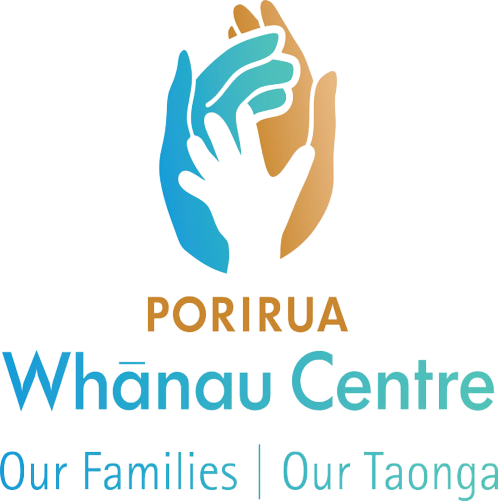HIPPY - Home Interaction Programme for Parents and Youngsters.
Benefits for HIPPY children
HIPPY encourages a love of learning and HIPPY children arrive at school eager to learn.
HIPPY children score better than non-HIPPY peers on literacy, numeracy and appropriate school behaviour.
Benefits for HIPPY parents
HIPPY parents are more likely to engage in positive educational and school activities with their children.
HIPPY parents are more likely to seek further education for themselves.
HIPPY offers some parents a supported pathway to further study, employment and local community leadership.
Benefits for HIPPY families
HIPPY helps create a positive learning environment in the home.
HIPPY has a positive impact on communication and family relationships.
HIPPY is free, and families can be enrolled while their children are between 3 ½ and 4 ½ years old.
It’s particularly useful for parents who don’t feel confident in their ability to teach their children (some families may have English as a second language).
HIPPY Staff and Delivery Method
Some parents who are currently working on HIPPY with their own child, or who have recently completed the HIPPY programme, train to become paraprofessional HIPPY tutors. They in turn coach other parents by showing them how to use the HIPPY materials with their own children.
The tutors are trained and supported by a local coordinator. They meet each week to work through the next workbook that they will deliver to the parents at a home visit, or on alternate weeks at a group meeting.
During the weekly training sessions the tutors are afforded many opportunities to build on their experience and gain knowledge and skills that they will take to the workplace, or to further study, after their two years as a HIPPY tutor.
The fortnightly Home Visits ensure all families are able to participate in HIPPY. The home is the child’s primary learning environment. It is a comfortable environment, and childcare and transport are not barriers.
Fortnightly Group Meetings provide an opportunity for parents to come together, practise the new activities for the next week, and take part in discussions and workshops about topics related to child development, parenting, and other topics they choose to learn more about. This is also an opportunity to meet others in their community, to find out what is happening in their community and develop new friendships.
Because HIPPY Tutors are from the same community and have young children, they have a deep understanding of the families they are supporting, and form trusting relationships. The tutors become role models for other parents, many of whom may become HIPPY tutors themselves.
Be your child’s best teacher!
HIPPY is a two-year home-based parenting and early childhood programme that builds parents’ confidence and skills, and helps them create a positive and supportive home environment that actively benefits and encourages their children to learn.
HIPPY helps parents to lay the foundation for their children’s success in school and later life.
Learning to learn together
The HIPPY Method
HIPPY Materials and Activities
The HIPPY programme was designed so parents who may not feel comfortable in their own abilities to teach their children can recognise their strengths and obtain new knowledge and skills to teach their children at home and support them throughout their formal education at school.
Parents and children work together on a carefully scaffolded series of 60 activity packets. These workbooks are set out like lesson plans for the parent, and are designed to ensure a successful learning experience for the parent and child working together.
Through the developmentally appropriate, well supported activities, parents work with their children to develop cognitive skills including language, problem solving, logical thinking, perceptual and other school readiness skills. The 18 storybooks they read and talk about together help develop a love of literacy. Parents are encouraged to build on the information in the activities in all areas of their children’s lives.
All the activities can be linked to the learning outcomes in the early childhood curriculum framework, Te Whaariki, or the New Zealand Curriculum Framework (for primary schools).

